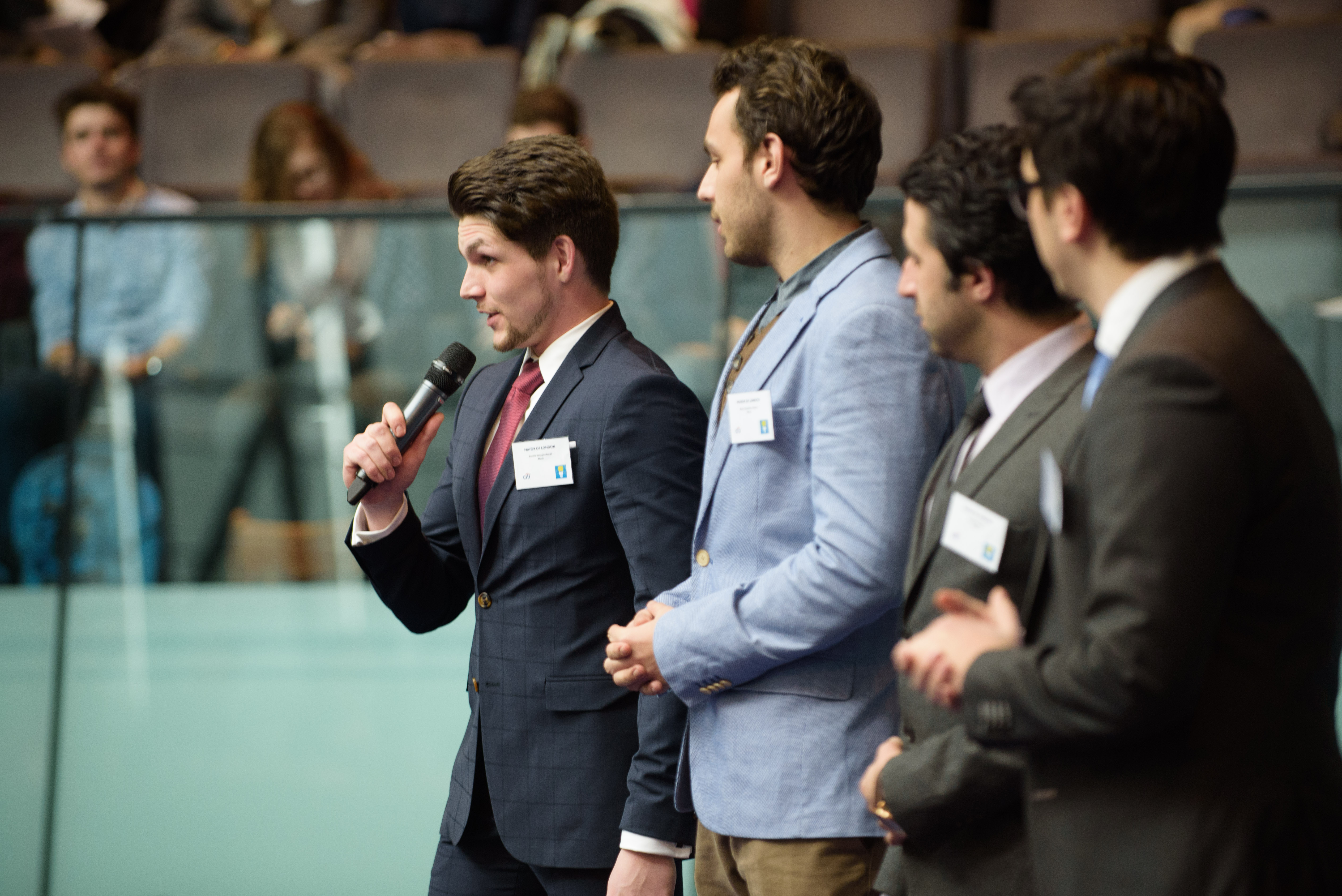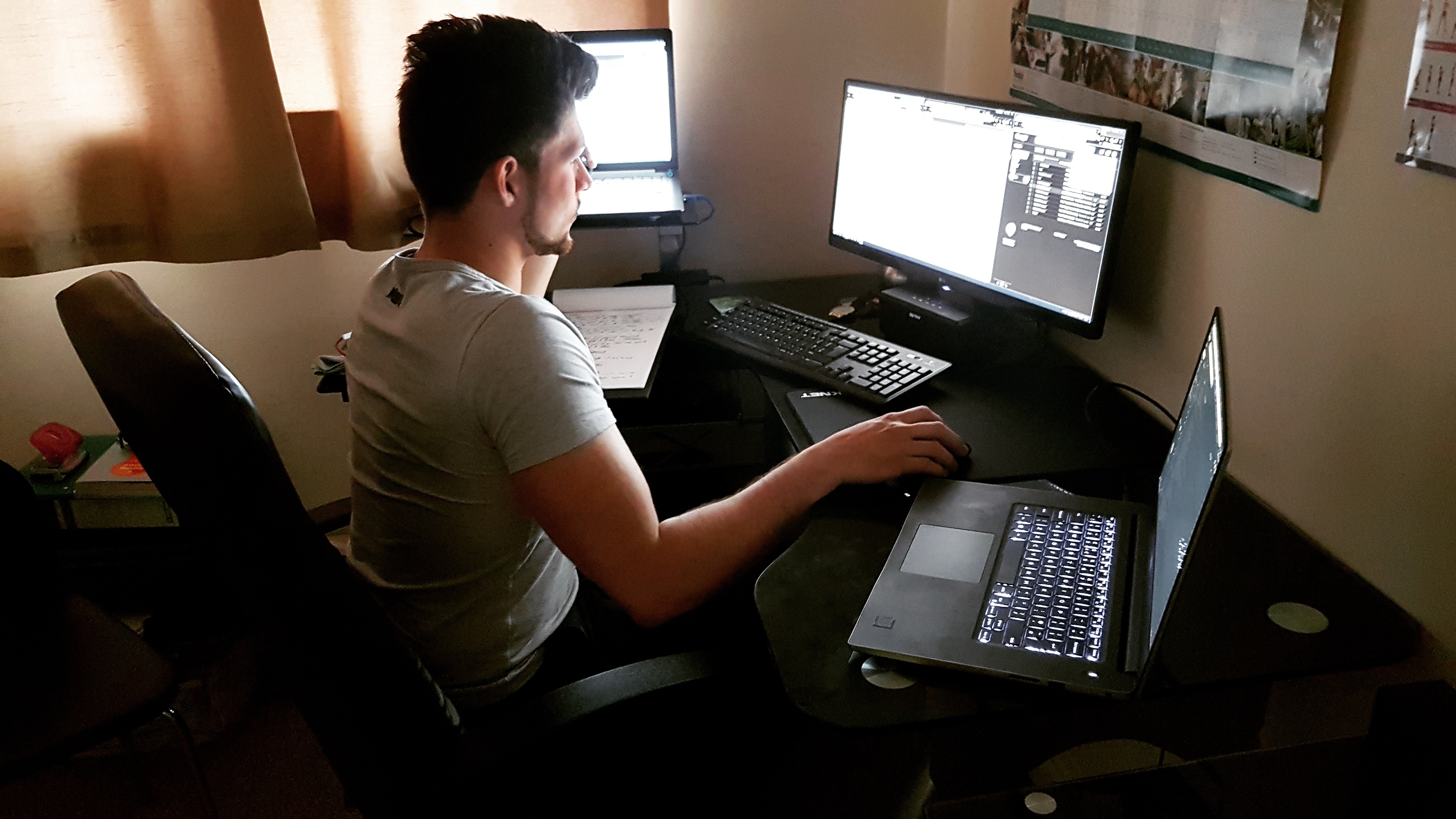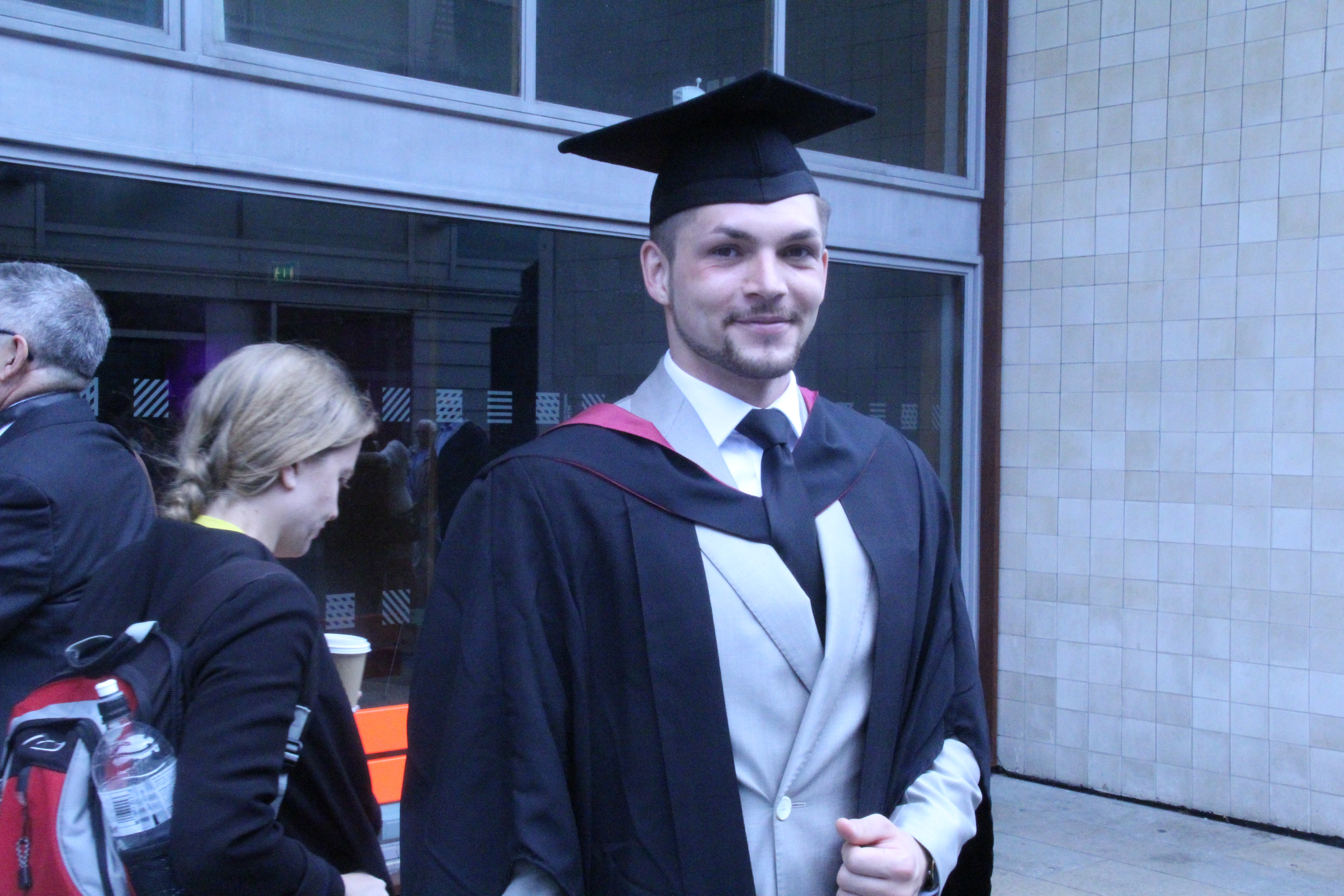On Tuesday 27th June, Westminster Business School Entrepreneur student, Dennis was asked to speak at the Westminster Higher Education Forum keynote seminar to discuss ‘Developing student and graduate entrepreneurship – enterprise in the curriculum, targeted support and the growing role for social enterprise.’ Not only is Dennis studying Entrepreneurship at Westminster Business School, but he is also CEO of DGL Group (DGL Architecture, DGL Strategy and Mush+) and Project Officer and Business Liaison at Sir Simon Milton Westminster UTC. Dennis recently wrote an article to give us a taste of the topics he discussed on the day, and we are thrilled he has shared this with the Westminster Business School blog;
Founding companies during studies represents a truly wonderful challenge. In the past three years, I benefited from extensive support from my University to help me through the process in terms of mentoring, access to information and opportunity to participate in business competitions. However, I realised that what helped me the most in my journey and what inspired me are interdisciplinary collaborations with fellow students from other departments. Inter faculty activities and networking events should be encouraged to allow students to make connections and join forces in creating new ventures. Moreover, the importance of engaging in activities and networking events bringing in staff members is not to be underestimated.

In order to support new ventures in surviving past the three years benchmark, Universities could further support its entrepreneurs through providing them free or discounted rate office space for a determined period of time following their graduation. I believe that this is a step forward for Universities in order to fight back against their industry crisis. The issue of registering new companies is an important one for early stage entrepreneurs. An address is required to complete the business registration process and making the entrepreneur use their home address could exposes them to a level of risk.
Moreover, as a way to lower the starting cost for a new business, Universities could give access through the alumni card, and log in credentials, to the specialist software packages they already pay the licence for, such as the Adobe pack and Office 365. The purchase of editing software often turns out to be more expensive than initially anticipated for small businesses.

Having been asked to consider whether entrepreneurial activities should be included in the curriculum or placing them under the umbrella of extracurricular activities, from a recent graduate’s perspective, the extra motivation of getting a good grade alongside achieving milestones within the business significantly contributed to my personal development in an unmeasurable manner. Entrepreneurial activities such as collaborating with local entrepreneurs on reports and videos allow students to practice sets of transferable skills, often aligned with the organisations student development strategy.
Business competitions organised by various organisations, such as NACUE and the Mayor’s Office, contributed highly to my development as an entrepreneur, giving me the chance to practice pitching and public speaking, as well as nurturing persuasion skills. Organising similar pitching competitions within the University framework would enhance student’s confidence to sell themselves and their company to a panel of judges. Breaking the glass ceiling between academics and students and engaging in productive collaboration could lead to successful businesses.
 Whilst creating events and competitions is of a high importance for the entrepreneurial development, ensuring that a strong communication strategy accompanies the initiative is equally crucial. The main aim is to have departments within Universities working together in promoting and exposing the initiatives to the broad pool of students. In my opinion, caring for students, creating a learning journey, repositioning the way they experience academia, linking academia to the market even closer, restructuring the curriculum towards a digital era with more innovative approaches and flexible schemes could create the baseline for a new era – much needed at the moment. Moreover, inviting both alumni and students to lectures and seminars where they could share their experiences encouraged me to break through my natural state of student passivity to actively seek support and investigate initiatives for myself.
Whilst creating events and competitions is of a high importance for the entrepreneurial development, ensuring that a strong communication strategy accompanies the initiative is equally crucial. The main aim is to have departments within Universities working together in promoting and exposing the initiatives to the broad pool of students. In my opinion, caring for students, creating a learning journey, repositioning the way they experience academia, linking academia to the market even closer, restructuring the curriculum towards a digital era with more innovative approaches and flexible schemes could create the baseline for a new era – much needed at the moment. Moreover, inviting both alumni and students to lectures and seminars where they could share their experiences encouraged me to break through my natural state of student passivity to actively seek support and investigate initiatives for myself.
Thank you to Dennis for sharing these wise words with us and congratulations to him for recently graduating with us and for speaking at the Westminster Higher Education Forum. We expect great things from this social entrepreneur! Find out more about Dennis’s course, Entrepreneurship and follow him on Twitter.
- MA/MSc Marketing Management Students Enjoy A Residential Weekend At Beaumont Estate - March 19, 2018
- What It Takes To Work In The Charity Sector With University Of Westminster Alumni - March 6, 2018
- IBM University Business Challenge Bristol Semi Finals Get Underway, By Karen Kufuor - February 28, 2018
